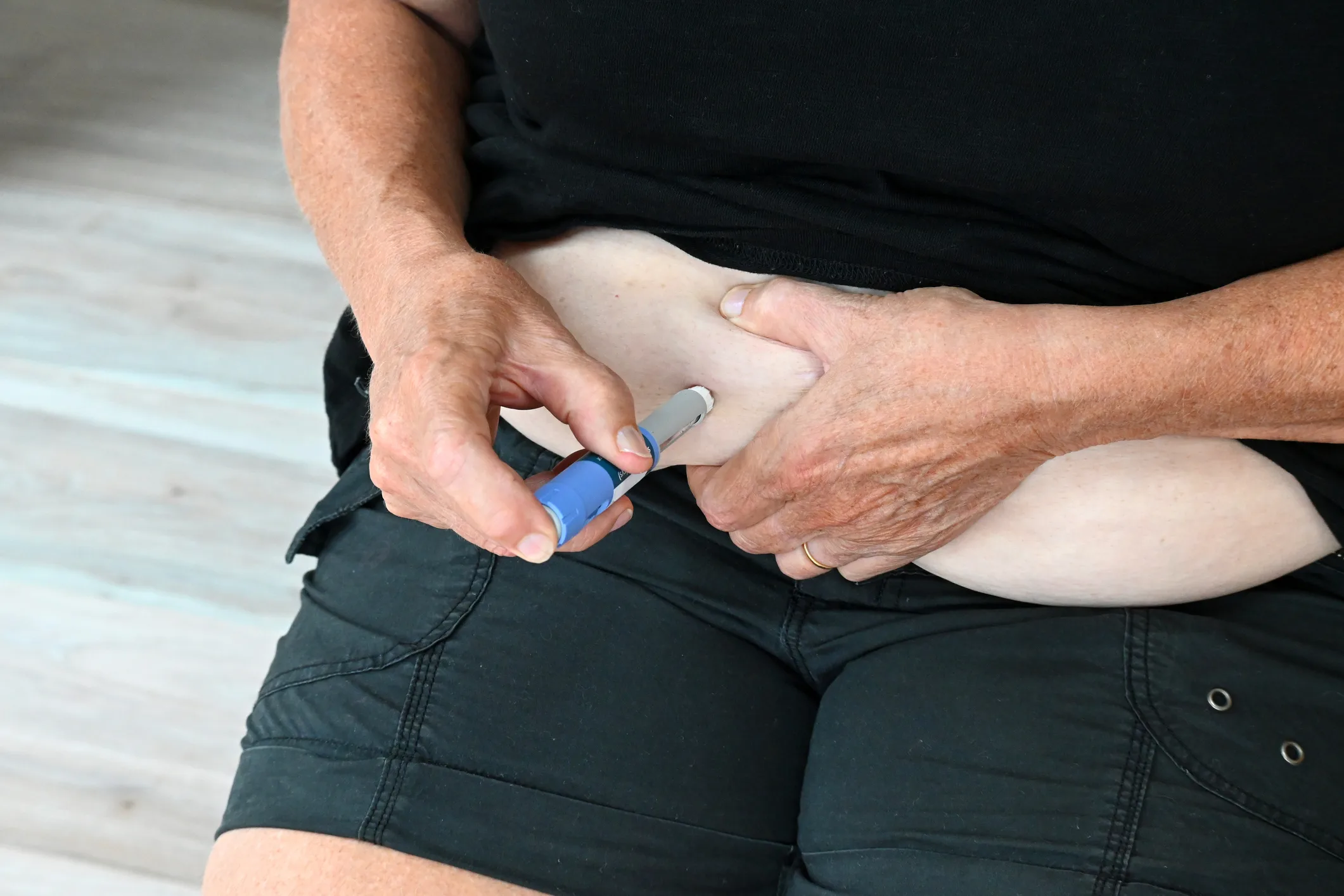Losing weight can feel like a maze, with countless diets and strategies promising results. While cutting down on daily calories has long been the go-to, a new contender has emerged: intermittent fasting. This approach, which involves alternating between periods of eating and fasting, has gained popularity as a potentially more manageable way to shed pounds. But how does it stack up against traditional dieting, and are all fasting methods created equal? Recent research sheds some fascinating light on these questions.
Peering Into the Research: What Did They Study?
To get a clearer picture, researchers embarked on a massive undertaking: they looked at 99 different studies involving over 6,500 adults. These studies compared various intermittent fasting methods with both continuous daily calorie restriction and simply eating whenever and whatever you want (what they called “ad libitum” diets).
The intermittent fasting strategies they examined included:
- Time-restricted eating: This is where you fast for 16 hours and have an 8-hour window for eating. Think skipping breakfast and having your first meal at noon.
- Alternate-day fasting: This involves a full 24-hour fast every other day. So, one day you eat normally, the next day you fast.
- Whole-day fasting: Here, you eat normally for five days of the week and fast for two non-consecutive days.
The participants in these studies had a median age of 45 and a median BMI (Body Mass Index) of 31.3, indicating that many were overweight or obese. A significant portion of them (about two-thirds) also had existing health conditions like diabetes or metabolic syndrome, making the findings even more relevant for a broad population. The researchers focused primarily on changes in body weight but also tracked other important health markers like body fat, cholesterol levels, and blood pressure.
The Surprising Results: Alternate-Day Fasting Takes the Lead
The good news is that all forms of intermittent fasting, along with continuous calorie restriction, were effective in reducing body weight compared to just eating freely. This confirms that if you want to lose weight, you need to be mindful of your food intake in some way.
However, the study uncovered a particularly interesting standout: alternate-day fasting. This method showed a small-to-moderate additional benefit in weight loss compared to continuous calorie restriction. In simpler terms, people on alternate-day fasting lost a bit more weight.
Beyond just weight, alternate-day fasting also delivered additional perks. Participants who followed this plan saw greater improvements in their BMI, as well as reductions in unhealthy cholesterol and triglyceride levels, compared to those on time-restricted or whole-day fasting.
It’s worth noting that while these extra benefits were clear in shorter studies (less than 24 weeks), in the longer-term trials (24 weeks or more), all diet strategies showed similar weight loss. This suggests that over an extended period, consistency with any reduced-calorie approach is key.
What Does This Mean for You?
So, what’s the takeaway? This research doesn’t declare one diet as the ultimate winner for everyone. Instead, it highlights that alternate-day fasting is a powerful and effective tool that can be added to the toolkit for weight management. As experts put it, it’s about providing “an additional option within the therapeutic repertoire.”
Intermittent fasting isn’t meant to replace other healthy eating strategies but rather to complement them as part of a personalized approach to your well-being. If you’re looking for a new way to approach weight loss and improve certain health markers, alternate-day fasting might be a strategy worth discussing with your doctor or a registered dietitian.
Source:











